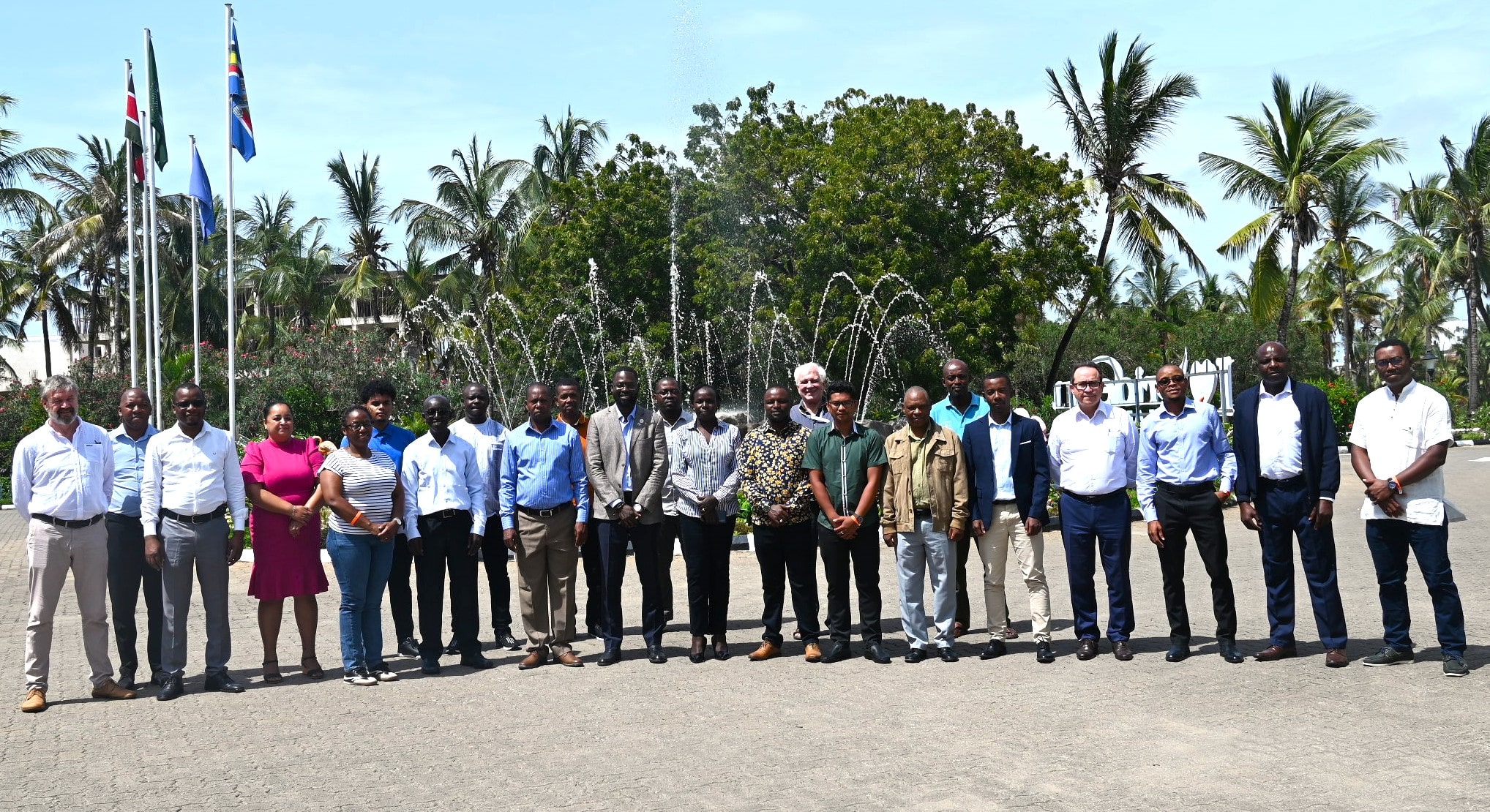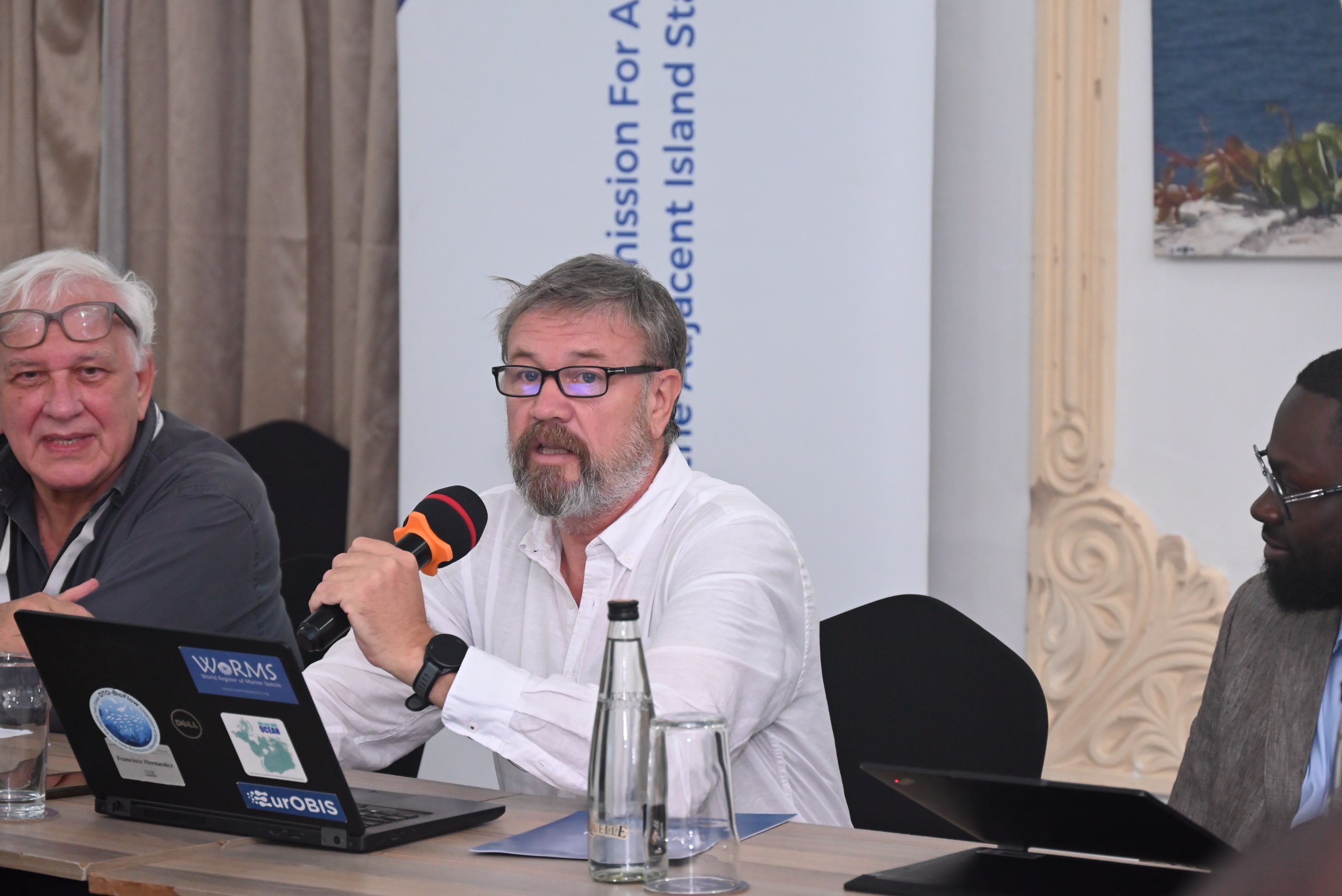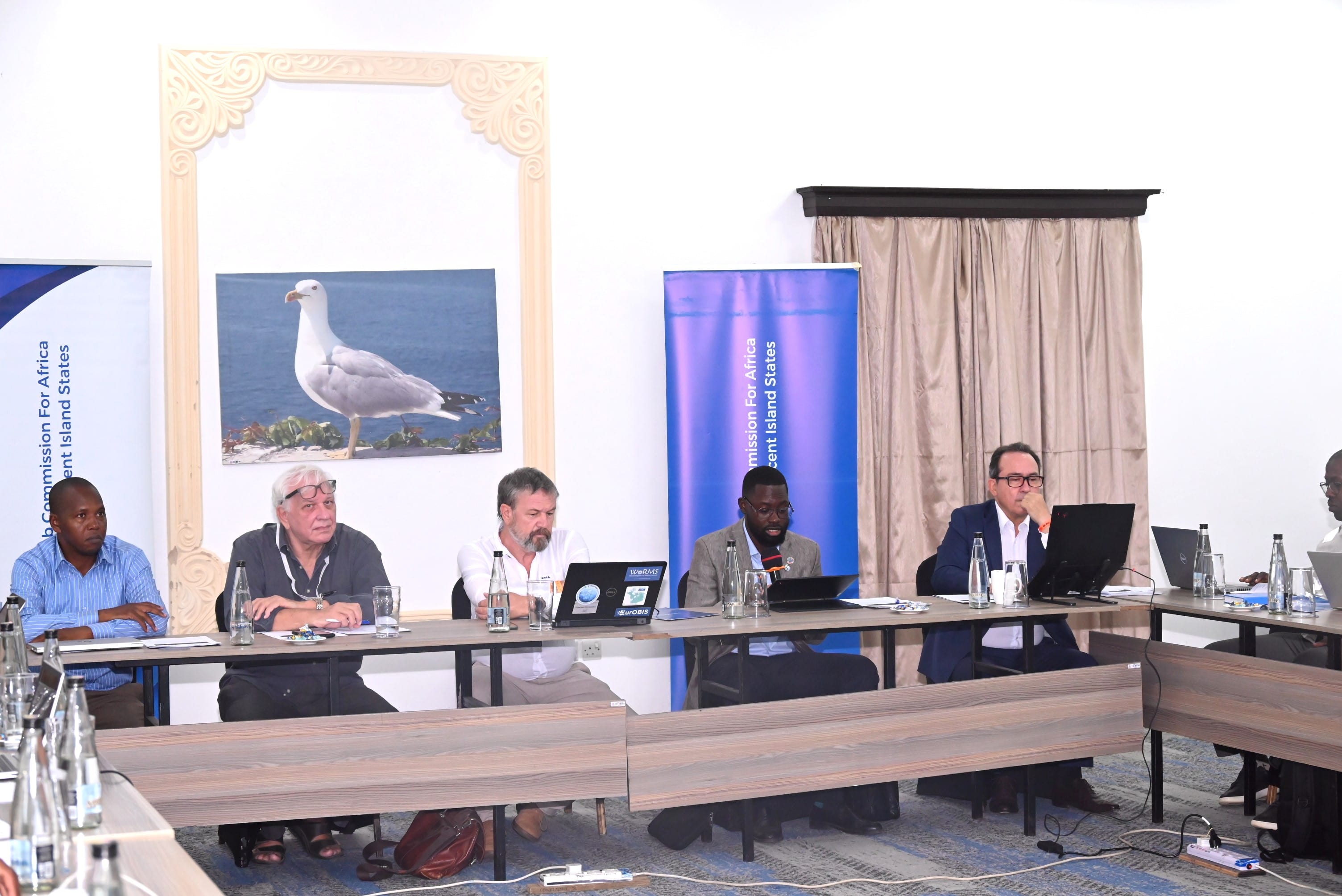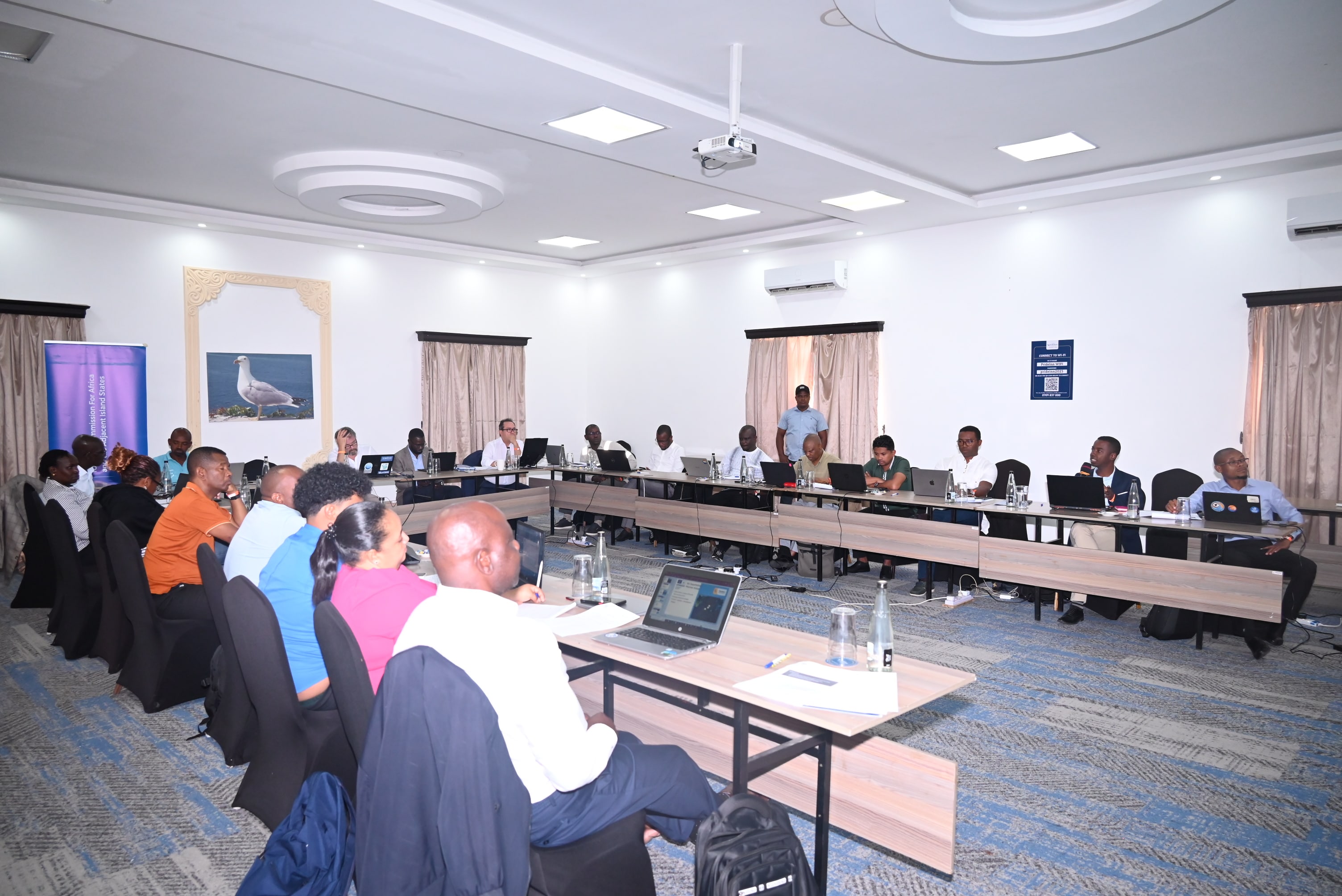SEAMARCS Inception Workshop: Launching a New Era of Sea-Level Monitoring and Coastal Resilience in East Africa

The Strengthening Sea-Level Monitoring and Data Management in East Africa for Coastal Resilience and Community Safety (SEAMARCS) project officially launched with a three-day inception workshop in Mombasa from 24–26 September 2025. Supported by the Flanders-UNESCO Science Trust Fund (FUST), the initiative marks a critical step toward building coastal resilience in Kenya, Seychelles, Mozambique, and Madagascar through enhanced ocean observation and data sharing.
Rising Seas, Rising Risks
East African coastlines and communities face growing risks from rising sea levels, climate-driven extreme events, and coastal hazards such as flooding, erosion, and storm surges. These changes threaten homes, livelihoods, fisheries, ports, and fragile ecosystems, making the need for robust sea-level data urgent. Better monitoring enables real-time detection of threats, improved forecasting, and early warning, helping local authorities and communities make faster, smarter decisions that protect lives and economies.
A Regional Response to a Global Challenge
SEAMARCS, led by the IOC Sub-Commission for Africa and the Adjacent Island States (IOCAFRICA), UNESCO’s IOC Tsunami Resilience Section (IOC/TSR), and the Global Sea Level Observing System (GLOSS), brings together national experts, regional institutions, and international partners to strengthen data collection and decision-making. The project will deploy the innovative Sea-Level Station-in-a-Box across the region, expanding monitoring networks and improving data quality.
A key component is the new data portal, which will centralize sea-level information from all participating countries, making it accessible for quality control, analysis, and collaboration. As Francisco Hernandez, Flanders Government Representative, explained: “The data portal ensures that information collected across different countries is easily accessible to local users. This strengthens early warning systems and empowers communities to respond to coastal hazards.”

Tools, Not Just Data
For Ibukun Adewumi, Head of IOCAFRICA, SEAMARCS goes beyond data collection. “This project is about delivering practical decision-making tools,” he said during the opening session. “We’re empowering fishermen, port authorities, and urban planners with the information they need to act before disasters strike.”
The initiative is implemented in close partnership with the Flanders Marine Institute (VLIZ) and national institutions across the region, ensuring local ownership and long-term sustainability.

Building Capacity for the Future
Participants agreed on a clear roadmap forward:
- Technical training in Mozambique and Seychelles to strengthen local data management skills.
- Country-led workshops to bridge the gap between scientists and policymakers.
- Sustained support from UNESCO and partners to maintain momentum and institutional capacity.
Looking Ahead
With strong regional collaboration and a focus on actionable science, SEAMARCS is setting a new standard for coastal resilience in East Africa. By turning ocean data into timely, usable insights, the project is helping communities adapt to a changing climate and build safer, more sustainable futures.

